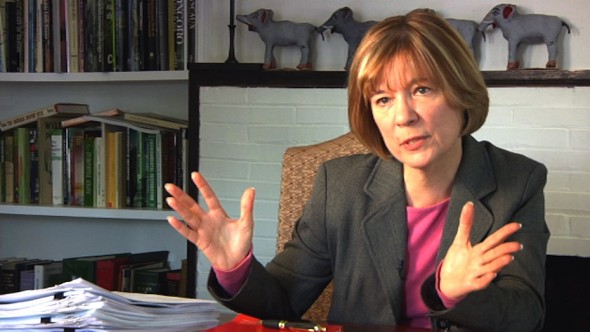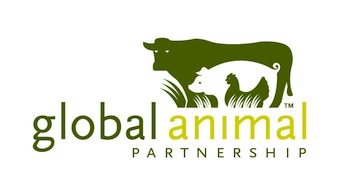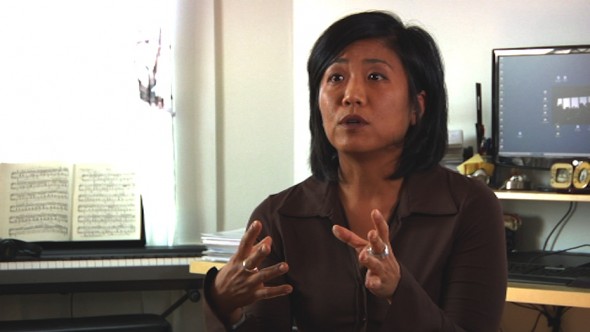There were several key people that we needed to interview because of their knowledge of humane slaughter and their involvement in changing policy. We first spoke with Lisa Shames, Director of Natural Resources and the Environment, at the Government Accountability Office. The U.S. Government Accountability Office (GAO) is an independent, nonpartisan agency that works for Congress. Often called the “congressional watchdog,” GAO investigates how the federal government spends taxpayer dollars.

In 2010, at the request of Congress, they did research and wrote a report about the USDA’s lack of enforcement of the Humane Methods of Slaughter Act. They also found that the inspectors who determine humane handling at the plants need to be better trained.
You can view the full report at this website: http://www.gao.gov/products/GAO-10-203
We also had the opportunity to interview Dena Jones, the Farm Animal Program Manager at the Animal Welfare Institute. Founded in 1951, the Animal Welfare Institute (AWI) is a non-profit organization dedicated to reducing the sum total of pain and fear inflicted on animals by humans. Working diligently for the adoption of the Humane Slaughter Act in 1958, AWI has since aided the successful passage of the vast majority of federal laws and strengthening amendments passed to protect animals. The Farm Animal Program of AWI works in myriad ways to halt the inhumane and irresponsible practices intrinsic to industrial agriculture, and seeks to replace them with methods which are both humane and economical.

Dena Jones spoke with us about how smaller slaughter plants are more likely to violate humane slaughter regulations than larger facilities. This is due to a lack of access to proper equipment, economic constraints, and personnel not adequately trained. You can view this report to learn more about the study: Humane Slaughter Update: Comparing State and Federal Enforcement of Humane Slaughter Laws, 2010.
http://www.awionline.org/ht/a/GetDocumentAction/i/25012
Lastly, we were honored to be able to speak with Miyun Park, the Executive Director of Global Animal Partnership, a nonprofit charitable organization comprised of members of the farming and ranching, retail, and scientific communities, joined by four of the world’s largest animal advocacy organizations, who work together for the improvement in the welfare of animals raised for food.

In an exclusive partnership with Whole Foods for two years, GAP began the 5-Step Animal Welfare Rating Standards Program. Their singular aim is to promote continuous improvement in animal agriculture.

Miyun Park spoke with us about the future plans of Global Animal Partnership, which includes developing both breeding and slaughter standards, as well as engaging with other retailers, both restaurants and groceries, in North America and beyond. With the 5-Step program, consumers can know exactly how the animals were raised for the meat they are buying. To learn more about this successful program, visit the website at: http://www.globalanimalpartnership.org/the-5-step-program/.

